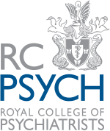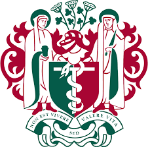



Book Sleep Psychiatrist Appointment
Click here to register with Dr Mistry’s practice and book your sleep medicine consultation online.
Alternatively, please contact Dr Mistry’s medical secretaries Eva Porter, Kerry Wild or Nicola Brown by phone, email or using the enquiry form.
Dr Mistry sees his patients at Ankha, in the heart of Chelsea Green and also at 150 Harley Street covering the Central London area
Dr Mistry also offers virtual appointments, so you can enjoy your consultation from the comfort of your own home.
Already a patient?